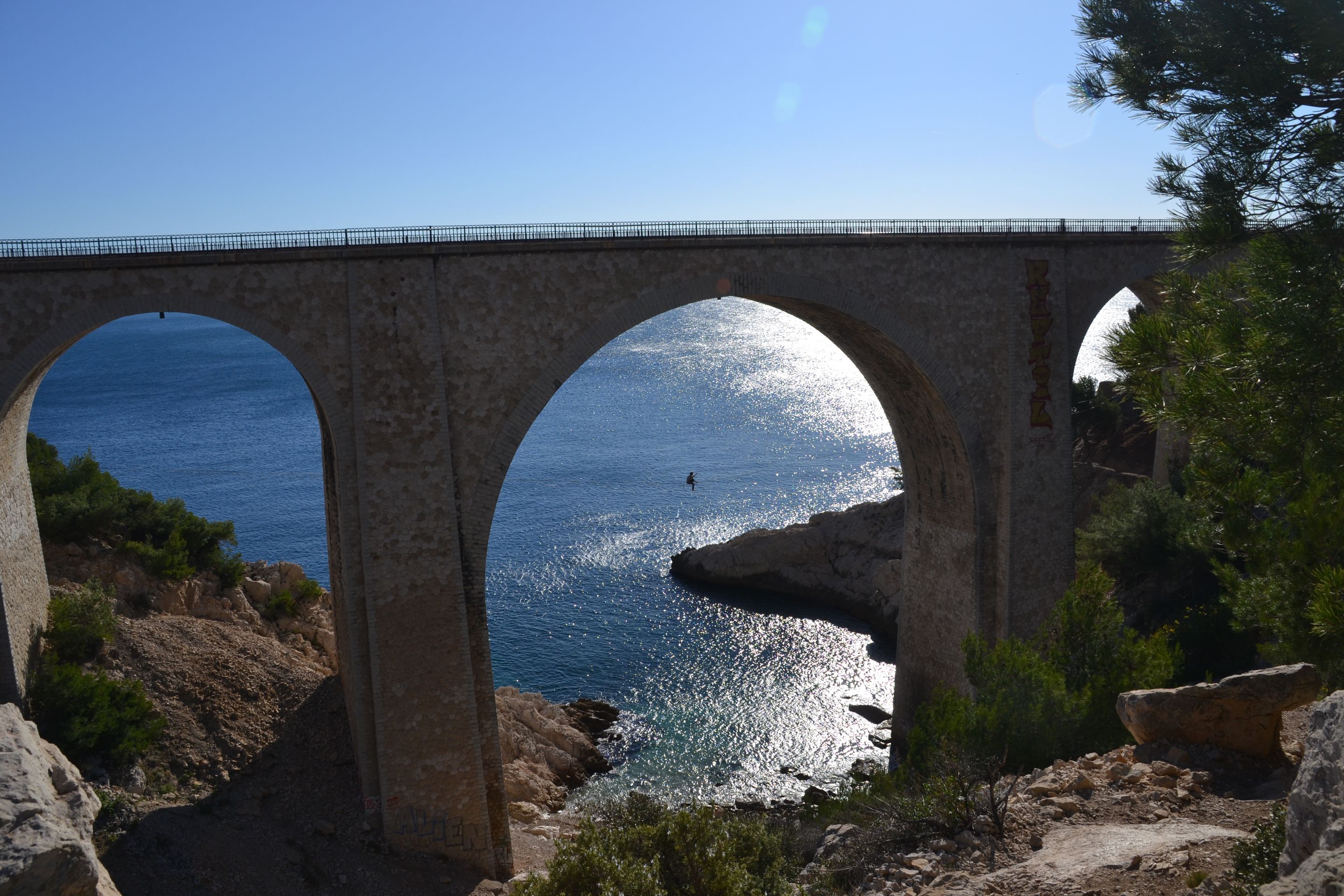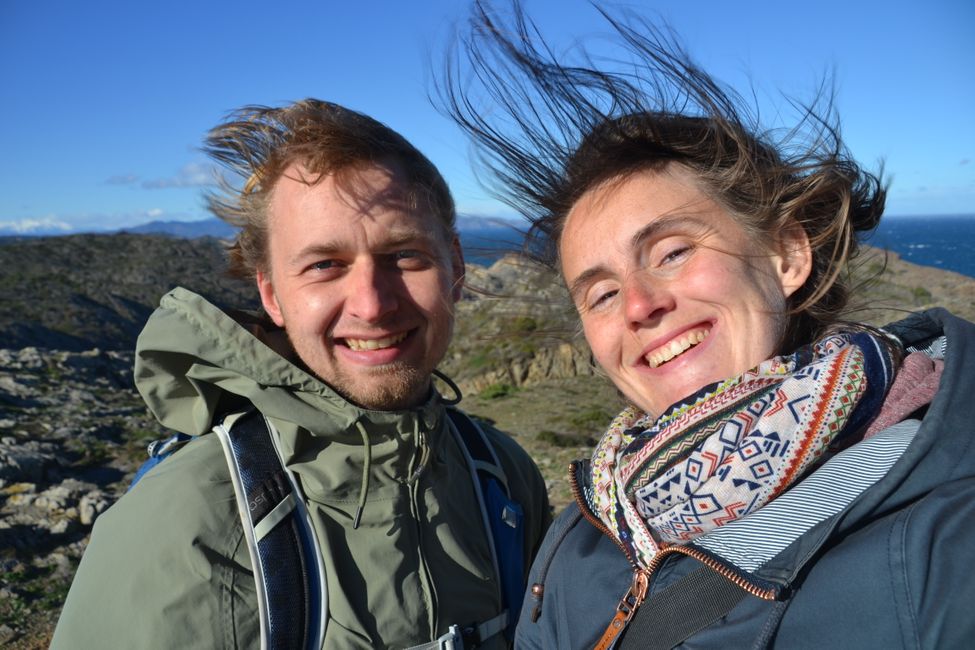#100 A unplanned night on the sea
வெளியிடப்பட்டது: 03.04.2022
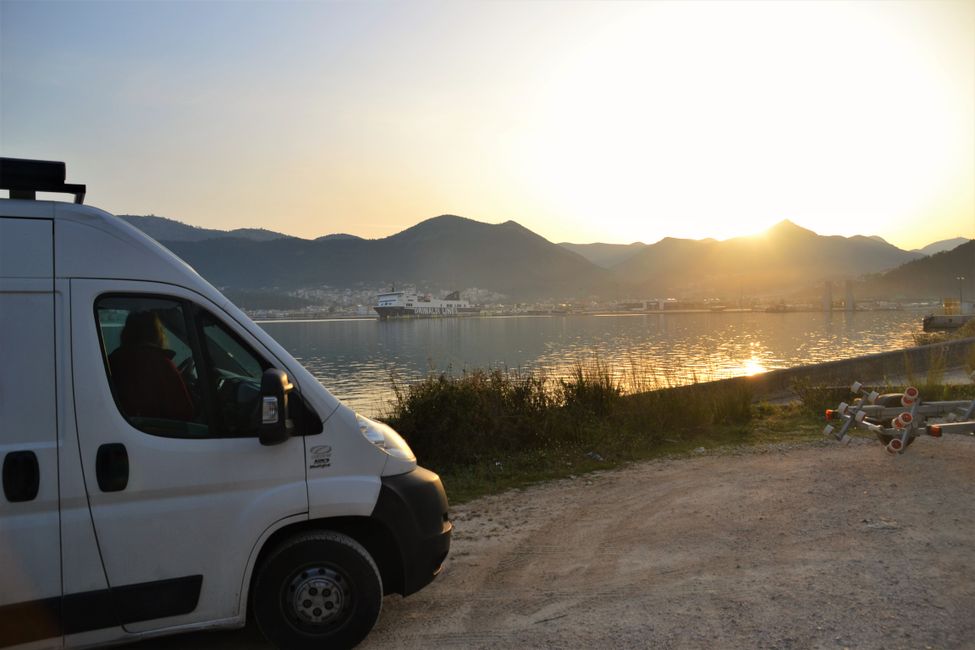
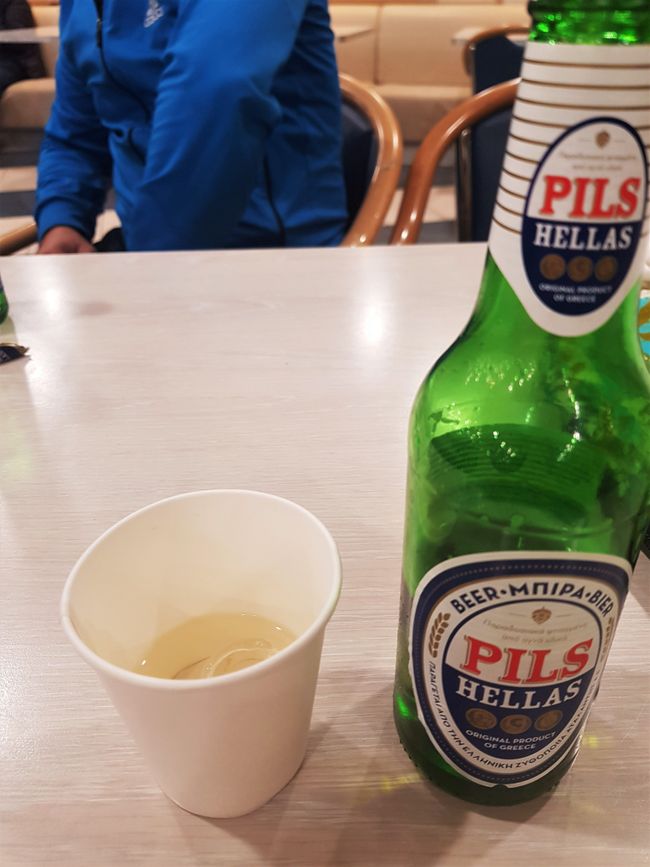
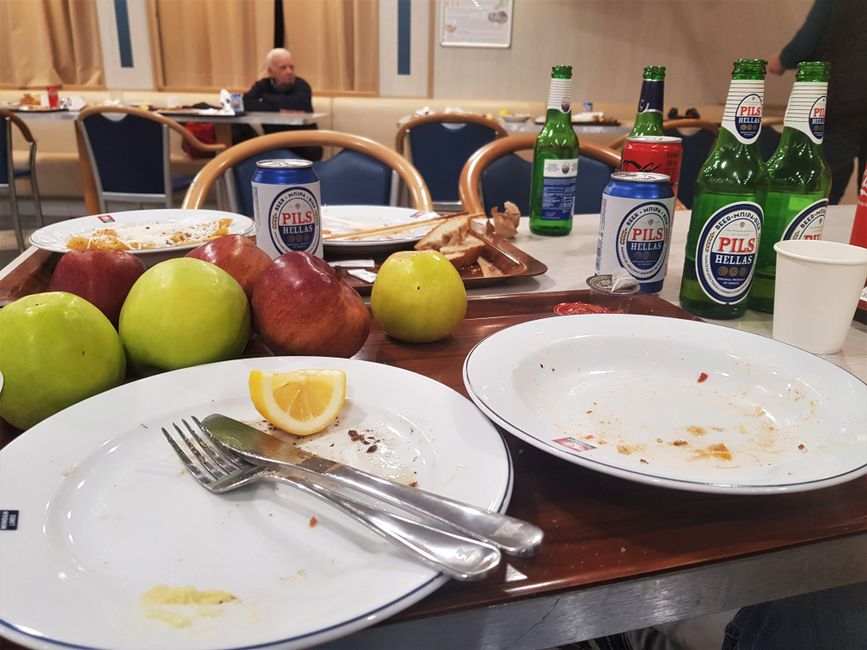
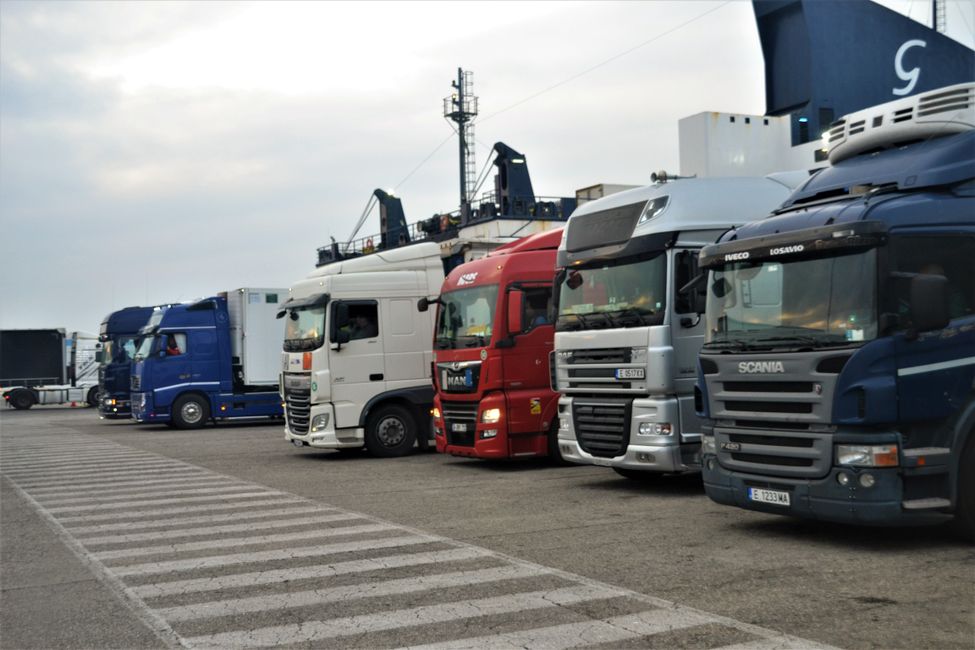
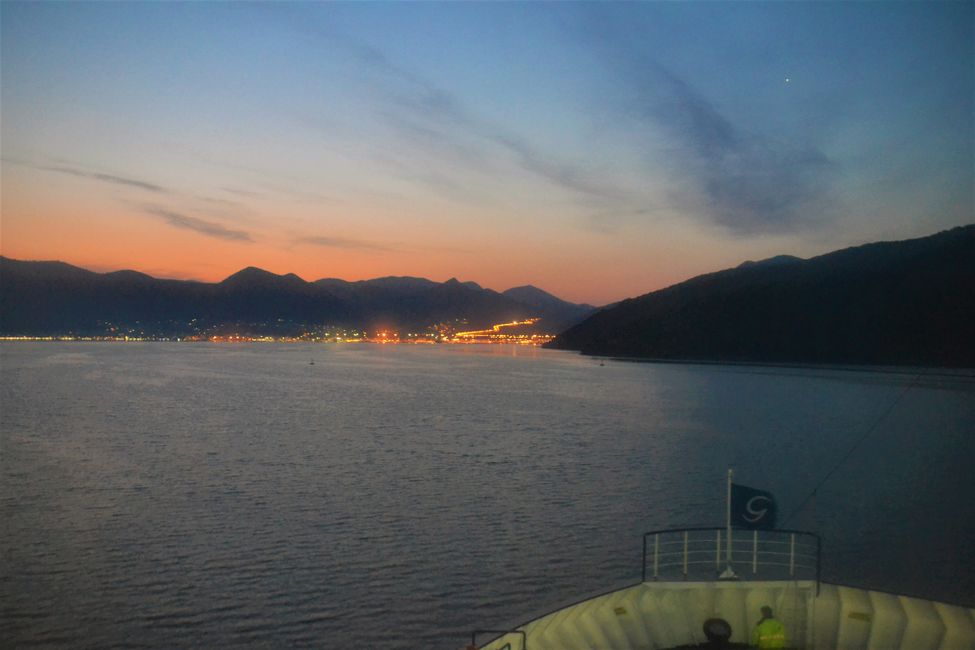
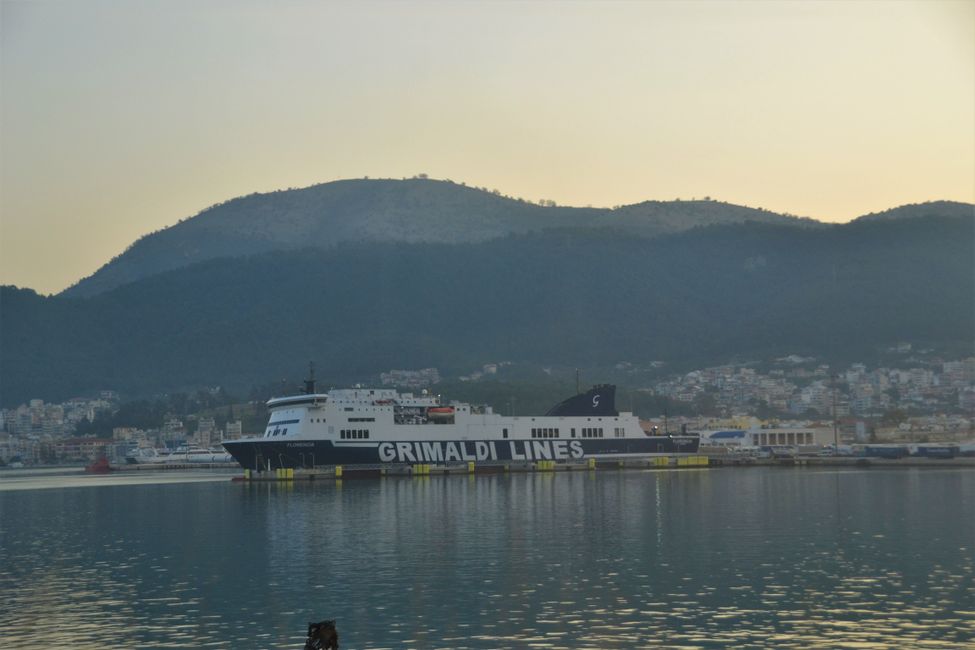
செய்திமடலுக்கு சந்தாதராகவும்
March 26-27, 2022: Brindisi, Igoumenitsa
J. We had imagined the crossing to Greece differently. We had specifically chosen the shortest ferry route between Italy and Greece, from Brindisi to Igoumenitsa, which was supposed to take from 1 pm to 10 pm, and we had booked the trip on Saturday, when the weather was supposed to be good. We had planned to enjoy the sun and the view of the Mediterranean during the day and be in Greece in the evening.
But it didn't turn out that way. The night before, we received an email that the departure is postponed to 4:30 pm. We were already in Brindisi and had nothing else to do, so we joined the many Bulgarian and Romanian cars and vans full of people at the ferry terminal from one o'clock. More and more cars and a few vans arrived, but there was no ferry in sight yet. It wasn't until after 4 pm that it docked and started unloading. A few hours later, we were allowed to board the ferry. We were used to the last ferry between Spain and Italy, where we had many waving marshalls guiding us in with millimeter precision. The guidance here couldn't have been more different: except that we should drive up the long ramp to the open deck, we were not told anything. We joined the cars standing crosswise on the deck and stood next to a huge pile of old mattresses.
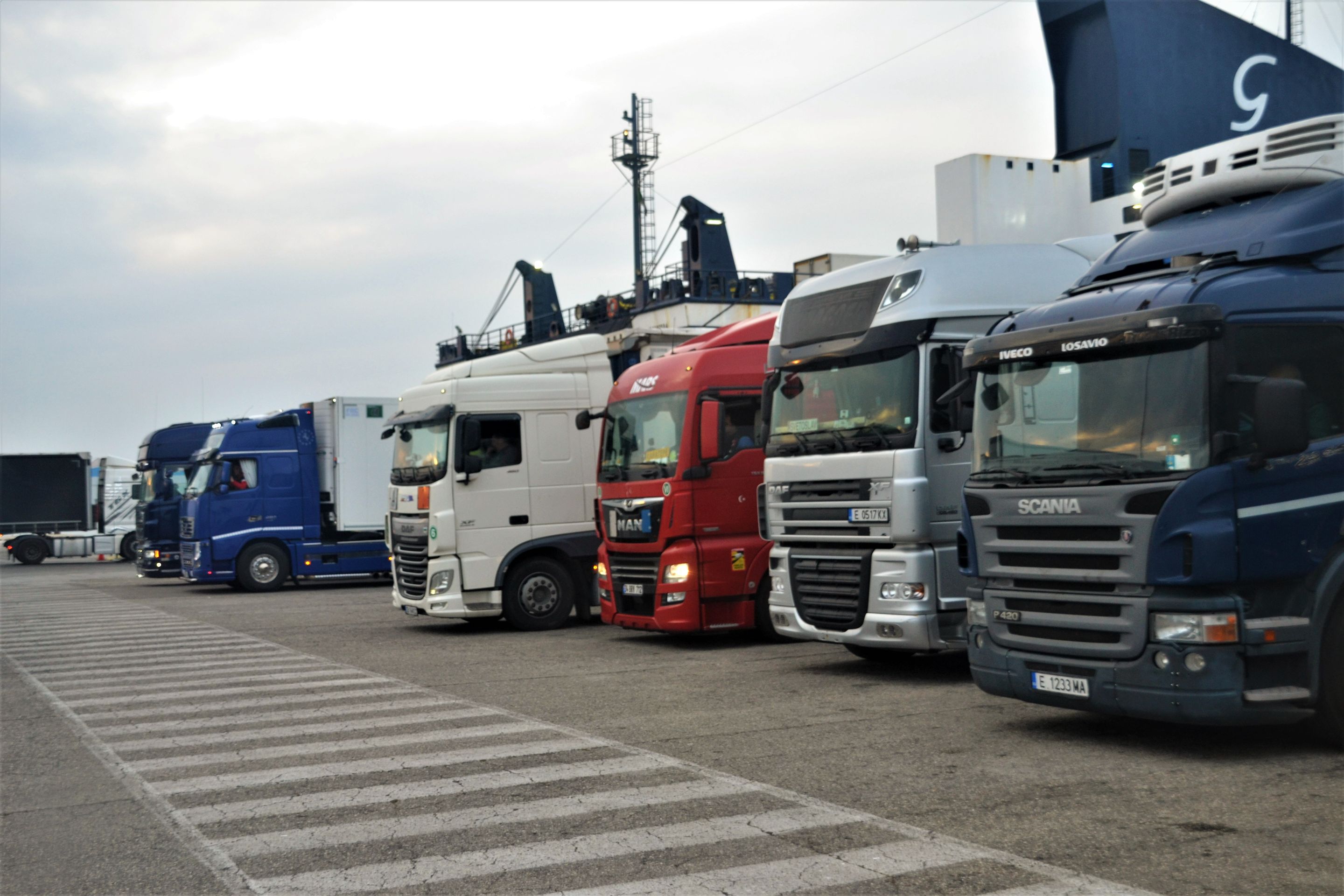
We set off at 7 pm. Only now did we realize that there is a one-hour time difference to Greece and that the time change to summer time is today. After our nine-hour crossing, it would feel like 4 am for us, but it would already be 6 am in Greece.
Since we had planned to drive during the day, we didn't have a cabin and managed to secure one of the last tables in the dining room. Instead of spending the crossing on deck in the sun, we spent the evening in a smoker's pub, which we hadn't done for a long time. Our neighboring table quickly filled up with a large group of Bulgarian truck drivers who immediately invited us to beer and self-brewed schnapps from plastic bottles. The schnapps is the Bulgarian national drink and every family distills their own, they told us. It is also not drunk from schnapps glasses, but from paper cups. (And I had wondered why the men didn't drink their water directly from the bottle, but from paper cups.) I was glad that not everyone offered us a taste of their own family schnapps, I sipped on my mug, filled with at least three schnapps glasses, all evening. According to our new Bulgarian friends, the schnapps had "at least 50% alcohol", but tasted surprisingly good.
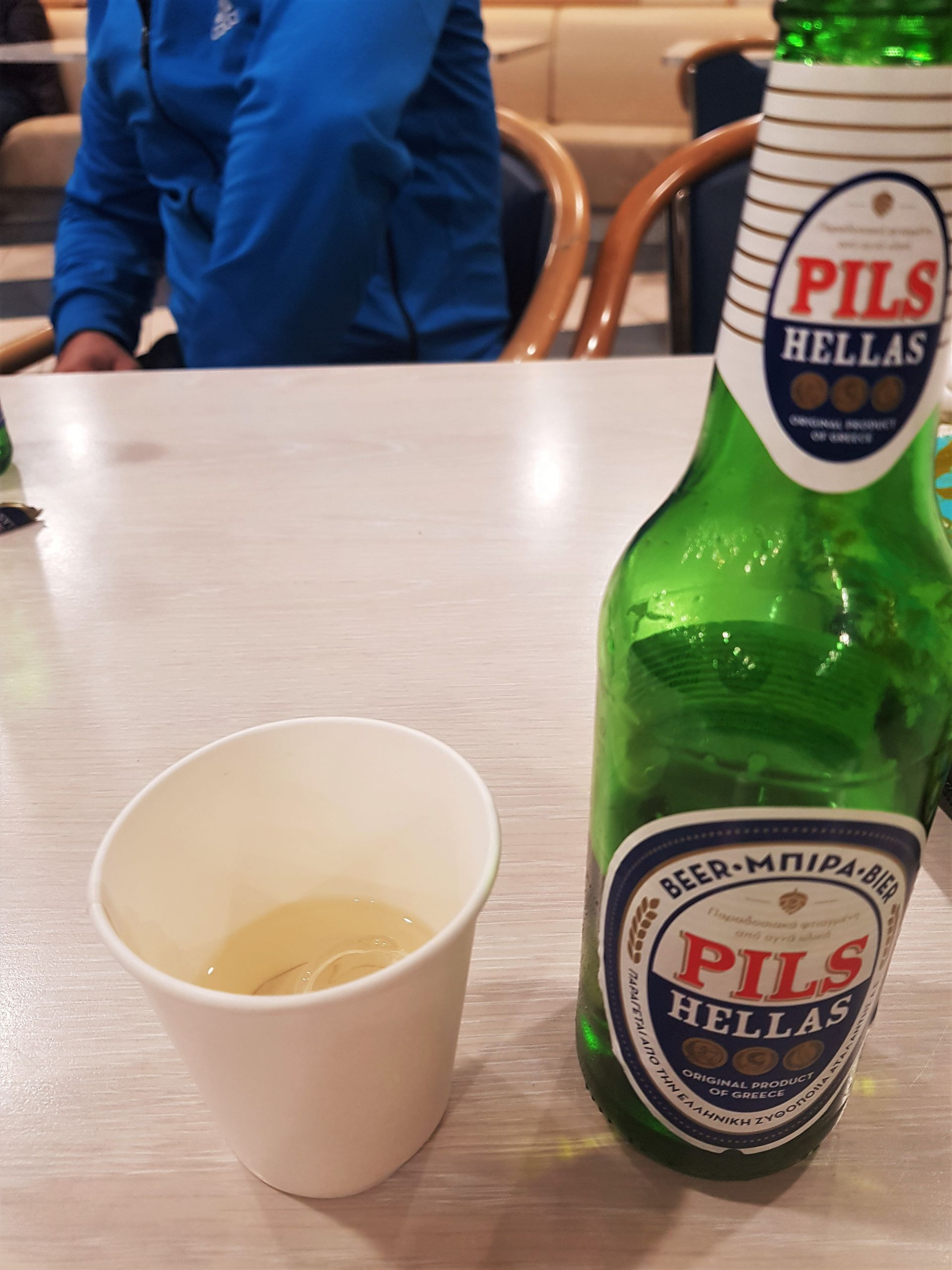
When we said that we come from Hannover, everyone nodded, because they all knew the traffic jam on the motorway near Hanover. Although only a few truckers spoke a little English, and most only knew individual words in German ("load and unload
செய்திமடலுக்கு சந்தாதராகவும்
பதில்
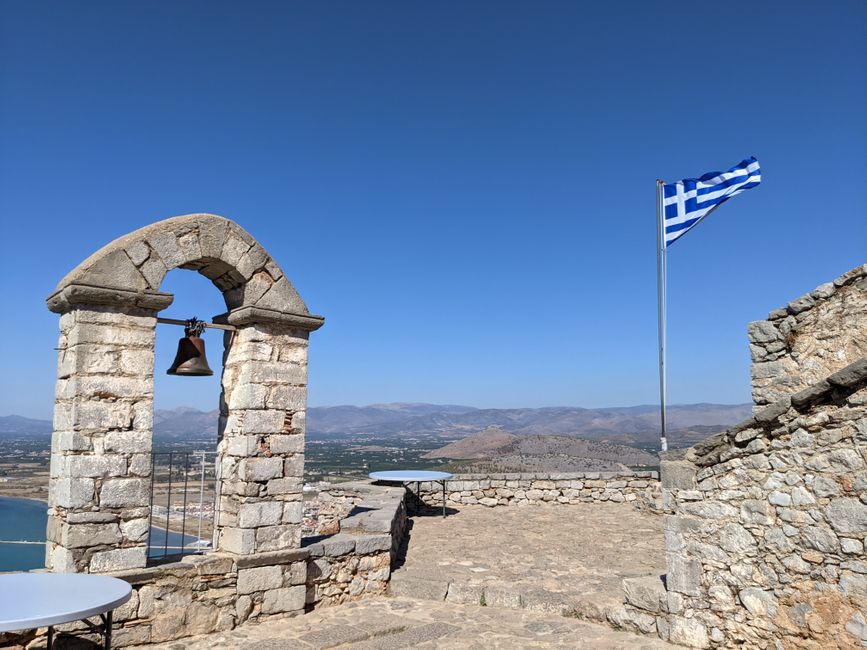
பயண அறிக்கைகள் கிரீஸ்
